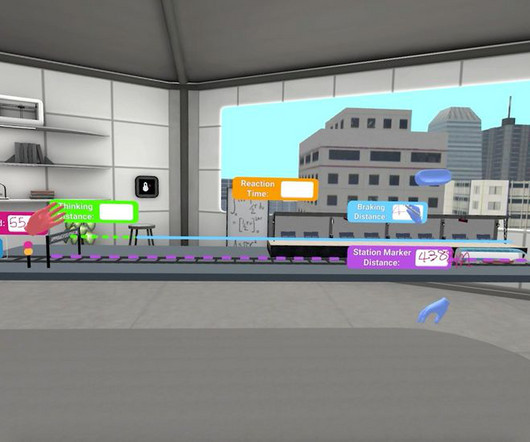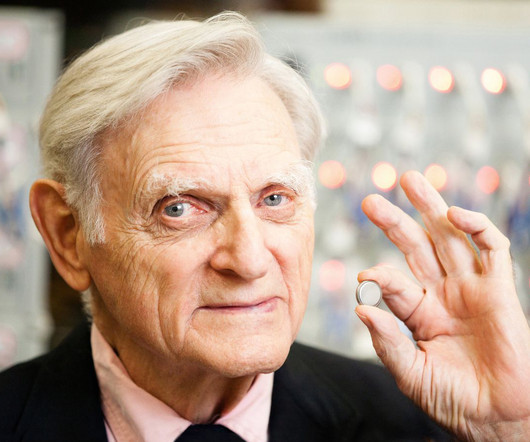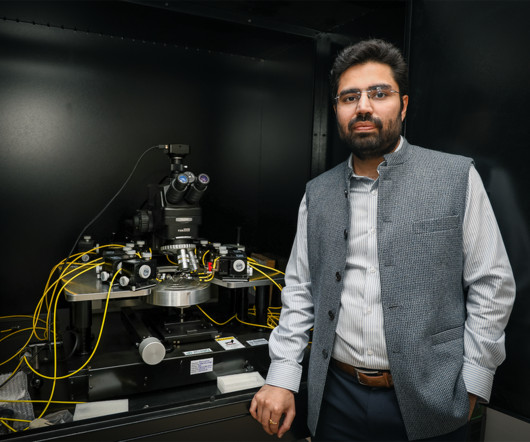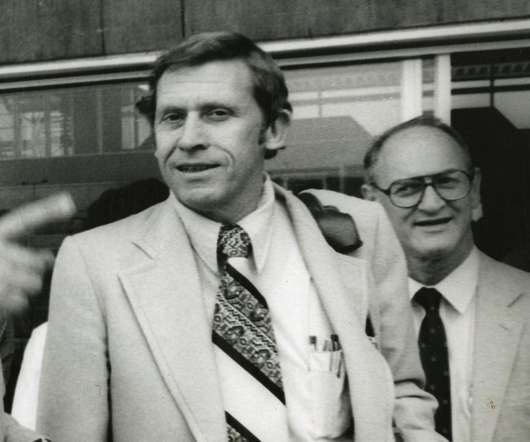MIT Professor’s IoT Sensors Make Roads Safer
Cars That Think
NOVEMBER 12, 2023
Back in 2005, before smartphones were generally available, MIT Professor Hari Balakrishnan was so fed up with commuting delays in Boston that he built a mobile system to monitor road conditions. Help came in 2009 from William V. He interviewed for a faculty position at MIT and knew immediately it was where he wanted to work, he says.










































Let's personalize your content